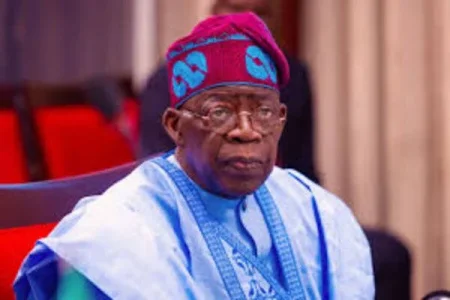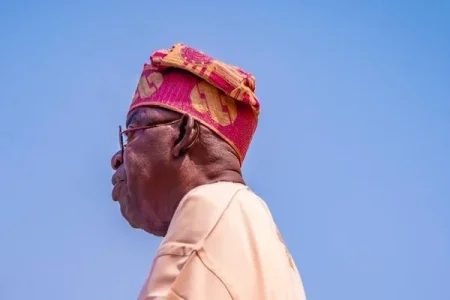
The Nigerian government, under President Bola Tinubu, has secured $6.45 billion in loans from the World Bank in 16 months. Recent approvals aim to address key sectors like healthcare and education. Concerns grow over the rising debt profile, with Nigeria's total borrowing from the World Bank reaching $15.59 billion.
In a significant move, the Federal Government of Nigeria, led by President Bola Tinubu, has secured $6.45 billion in loans from the World Bank over the past 16 months. This figure includes three recent approvals totaling $1.57 billion aimed at various development initiatives across the country. The latest loans target critical sectors such as healthcare, education, and renewable energy, reflecting the government's strategy to address pressing economic issues and infrastructure decay.
Despite the urgency of these projects, the rising debt profile has raised alarms among citizens and analysts alike. Many express skepticism about the effectiveness of previous borrowings, citing persistent unemployment and infrastructure failures. The World Bank has approved 36 loan requests totaling $24.088 billion in five years, with $15.59 billion owed to the bank as of March 2024.
Recent approvals include $500 million for governance improvements in education and health and $570 million for strengthening primary healthcare. These projects are designed to enhance human capital and build resilience against climate challenges.
However, the increasing debt service obligations, which hit N6.04 trillion in the first half of 2024—an alarming 68.8% increase from the previous year—underscore the financial strain facing the government. As more loans are anticipated, questions about the sustainability of Nigeria’s debt and the implications for future economic stability persist.


![[PHOTOS/VIDEO] Former President Buhari Laid to Rest in Daura](/data/attachments/218/218947-a494c5db17170998084dc86d95a84e3e.jpg?hash=6fLnqYF83s)
![[Video] Tinubu Receives Buhari’s Remains: Arrival in Nigeria for Burial](/data/attachments/218/218945-37b1938f44a4116ca74bcee08b49d831.jpg?hash=LQBOtEpT5v)
